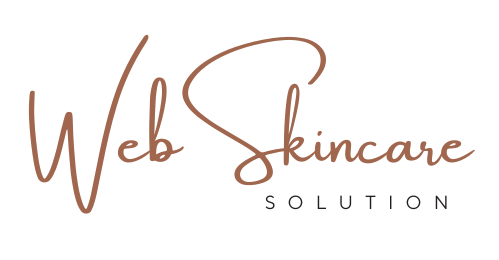In this brief article, we will get straight to the point and explain why most people (particularly experts) would advise you to use an African black soap and strictly forbid you from using regular soap on your face.
You probably may be wondering why since aesthetically they look similar (apart from the colour) and pretty much have a similar consistency.
But let me tell you that they are far from being similar and in this short post, I will be breaking down the main differences so that you can have a general idea as to why people would suggest using a black soap on your face and not a traditional one.
African Black soap vs Regular soap
What is the difference between black soap and regular soap?
Conventional soaps, more commonly known as regular bar soap, are believed to be too harsh to use on delicate skin. They are made from fatty substances (such as olive oil and coconut oil) that were preserved with lye (an alkaline material that is effective in removing dirt from the skin), which tend to have a high pH value thus potentially able to disrupt the skin barrier.
According to experts, regular soap can indeed deplete your natural oils, disrupting the pH balance on your skin and damaging the skin barrier, leading to dryness and irritation. Experts recommend that you should never be washing your face with regular soap since it can potentially damage your skin.
An African soap on the other hand is an all-natural based product and it is gentle enough to use on your face. It is made by hand with one of the most sophisticated natural products that can only be found in West African countries. It contains no chemicals or fragrances and can treat multiple skin conditions.
Moreover, unlike traditional soap, which tends to be synthetic, black soap has a rough texture, which makes it excellent to use as an exfoliant. It contains natural antibacterial properties, which makes it a safe alternative to chemical-laden cleaners and can remove more bacteria than chemical cleansers do.
Why would people recommend using a black soap over a regular one?
Black soap has been proven to cure many skin conditions and can be used on both the face and body. It has multiple benefits such as treating acne (and I can personally agree to that), hyperpigmentation, uneven skin tone, reducing fine lines to name a few.
It is important to note that although a black soap can be safe for all skin types, it is particularly helpful for oily and acne-prone skin. It can also be beneficial to use for dry and sensitive skin if used wisely.
To find out its main benefits, why not check this article here.
In contrast, regular bar soap can cause acne and irritate your face. Regular soap can be too harsh for your face given the harsh chemicals that can sometimes be found on it.
Experts believe that using regular soap is the worst thing that you can do to your skin, and I honestly do agree! Imagine using a product that makes your skin worse instead of improving it!
You can however use regular soap to wash your hand. This is great to use to get dirt and grease off your hands or body. However, do not use it on the face since it gets built up and oils away from the skin.
Are then all bar soaps bad for your skin?
It is important to note that not all bar soaps are created the same. Alternative bars that can perfectly work on your face are the Simple or Dove brand. They have simple and delicate soaps that can help cleanse and purify your face and body.
For instance, Dove Sensitive Skin Beauty Bar (which contains 2 bars) & Simple Pure Sensitive Soap (that contains 4 bars) are believed to be the best and most popular bar soaps that have been approved to work on the delicate face.
Both are gentle bar cleansers that work amazingly on sensitive skin. They do not irritate nor upset the skin and they help cleanse the face while moisturising it. These brands are beginning to fill moisturisers with soap to hydrate the skin while cleansing.
These soaps do not contain harsh chemicals which means that they can be a great choice and benefit for people that do have dry skin, eczema, have sensitive acne-prone skin and psoriasis.
To conclude, regular soap can be used to wash your hands and occasionally your body, but it is not ideal for your face.
Alternately, you can use the gentle soaps mentioned above that can be used on the face. These soaps have been proven to have components to help moisturise and clean the skin without stripping its natural oils.
The black soap market, however, is increasing in popularity day by day. Many are starting to use it as their main cleanser given its fantastic benefits to cure a variety of skin conditions.
Feel free to leave a comment below if you have any questions 🙂




